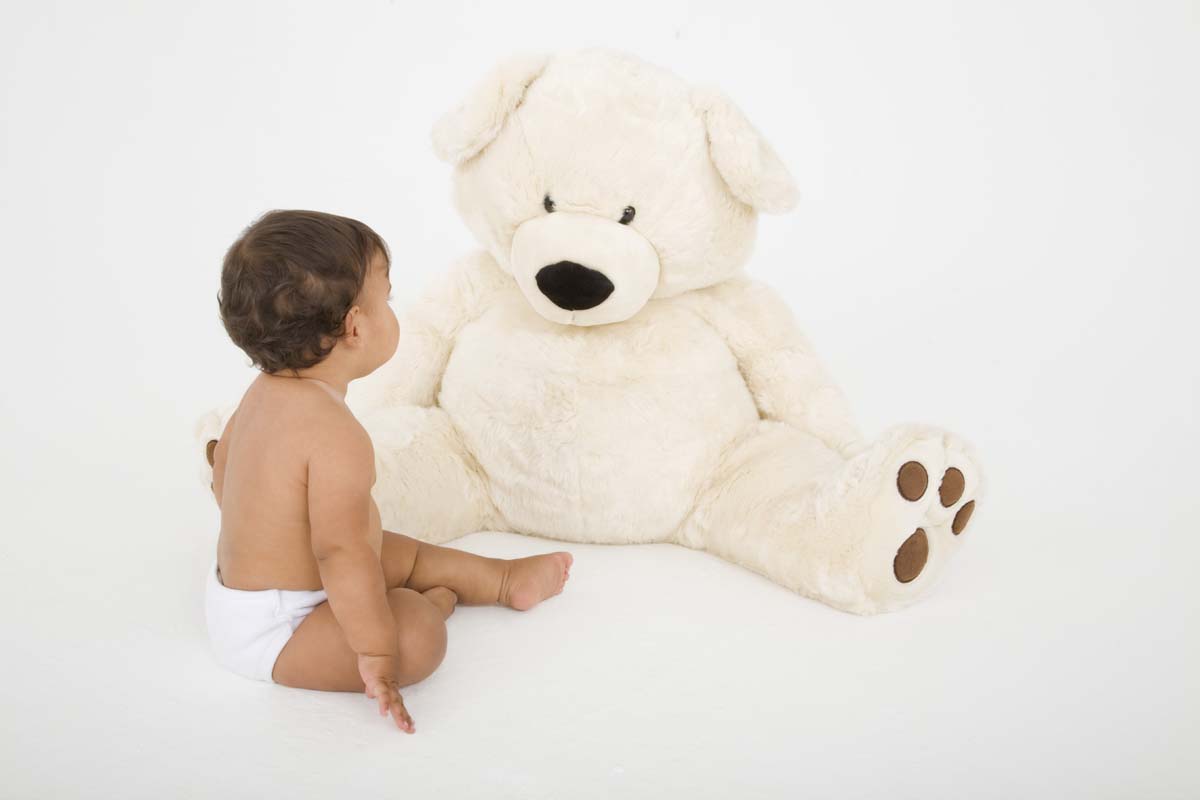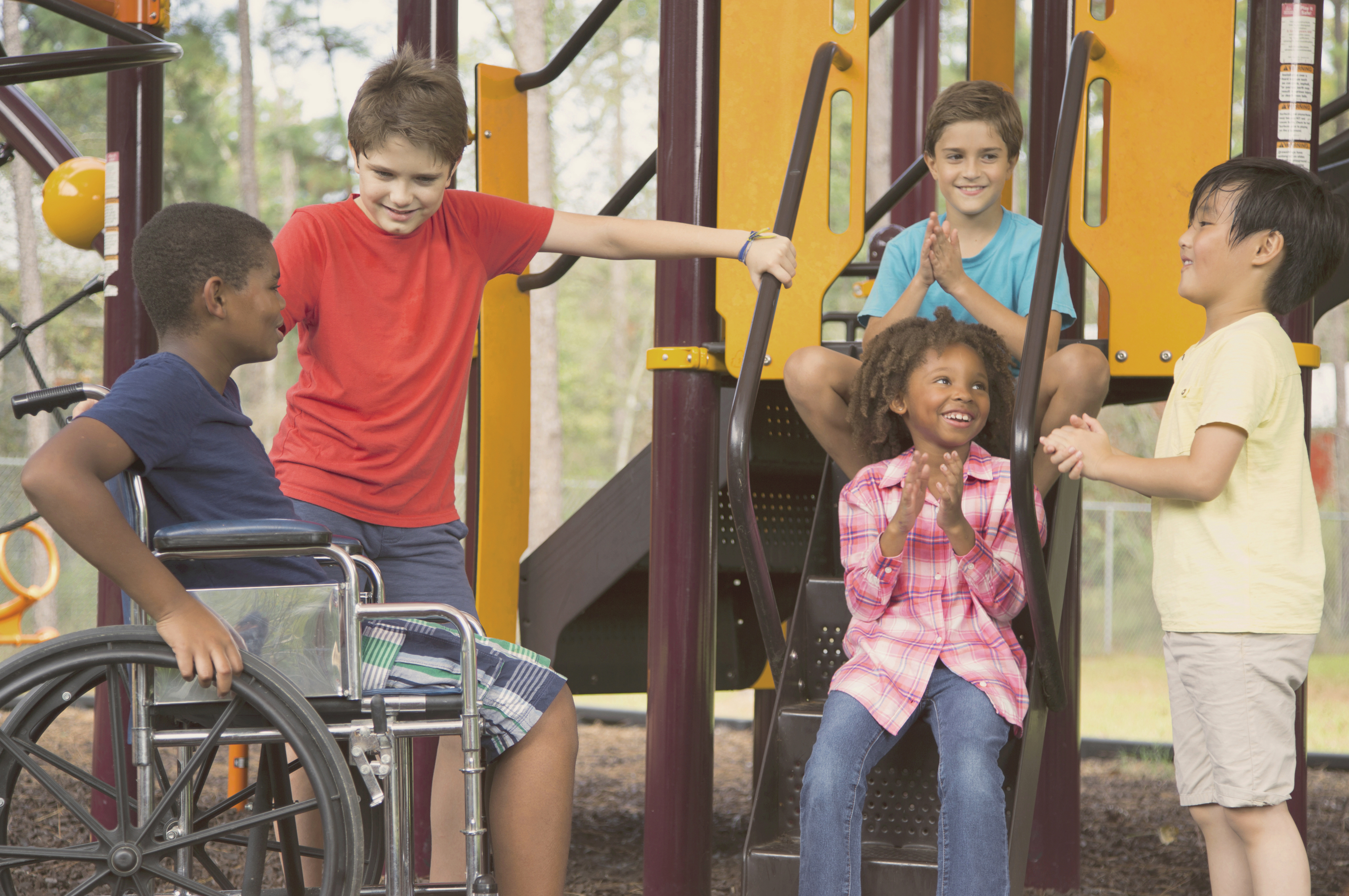6 Things Parents Raising a Bilingual Child Should Know

Raising a bilingual child comes with both joys and challenges! Here are some observations and advice that will help you along the way:
#1 - Take every opportunity to involve the second language
It's critical that children get as much exposure to their target language as possible. If they are using one language at school, try to use the second language with them almost exclusively. Childhood is a time when neural pathways are grown quickly, but they're also "trimmed" quickly - skills or knowledge they aren't using are quickly going to be pushed out of their mind to make room for everything else they're learning! Speaking regularly and consistently in the other language is essential. Also think about how they might be entertained in the second language… (hint: Netflix and YouTube are your friends here!)
#2 - There’s no such thing as 'too early'

If you're hoping for your little one to know two languages, there's no such thing as "too early"! From the moment that baby comes home from the hospital, you should be using the target language as often as possible. You'll be amazed just how much teeny babies are capable of absorbing and having that exposure early on will lay the groundwork for their future language use! If you’re a bilingual parent, then you may find that it takes a while to get into the swing of speaking a particular language to your child – even if it is your own. Starting as early as possible will be helpful for you to create this habit and it’s also a great opportunity to brush up on your nursery rhyme singing!
#3 - Fluency might come slowly – don’t give up!
If you're raising a child to be bilingual from birth, some experts say that language development might come a little more slowly than their peers… and others have dispelled this idea. If there is a slight speech delay, it’s not really possible to identify the exact reason for this. That said, it is something to bear in mind and it is also nothing to be worried about – bilingual children are just taking in double the number of words and sentences than monolingual children and some children might be slower to process this.

Some speech therapists, who don’t have training in bilingualism, may advise to stop, or slow down, exposure to the second language – please don’t do this! If you are worried, please seek proper advice from a therapist who is trained in bilingualism. Some children may need extra time and space to start mastering language skills and stopping exposure to one language is a backward step. It'll be worth it when that mastery appears in two languages at once!
#4 - Mixing is Normal
Like many bilingual adults, children often have a hard time keeping track of which language they're using. While they might start to understand that one language is used at home and the other at school – or one language is used with Mum and the other with Dad – they can have a hard time consciously choosing to switch between languages. Understanding how to translate from one language to the other may take some time, as will being able to choose consciously to speak one language or the other. It’s perfectly normal and there is no exact guide for when they should be able to distinguish one language from the other perfectly. Remember not to tell them that what they are saying is wrong, just ask if they know it in the other language – and ask any caregivers to do so too.

#5 - Languages are fun!
Trying out activities to build second language skills can be fun and it’s never too early to start. Babies and pre-schoolers have lots of fun with activities, such as singing, that introduce the language and alphabet of their second language. If you’re in a household where the parents have different native tongues, themed activities related to the daily routine can be a good way to keep the non-dominant language alive, and even small children can engage with this. For example, why not have bath time in Spanish, but French at breakfast?

If the ‘other’ parent doesn’t speak the language of the themed activity, then this is a perfect opportunity for the child to teach them what they know. Learning is going to derive from consistent, high-quality exposure and communication in both languages and keeping it fun and engaging is really important.
#6 - Bilingual benefits are astronomical!
Overall, children who grow up with two languages have stronger cognitive, linguistic, and social skills. They're also more competitive on the job market as adults; have an easier time being accepted into top Universities and have greater opportunities to learn about multiple cultures! Despite the challenges in managing to keep both languages alive throughout the early part of their lives, the benefits will come back to your child tenfold.

If you’re from a bilingual household, then what observations and advice would you add?
How has your experience of raising bilingual children been?









